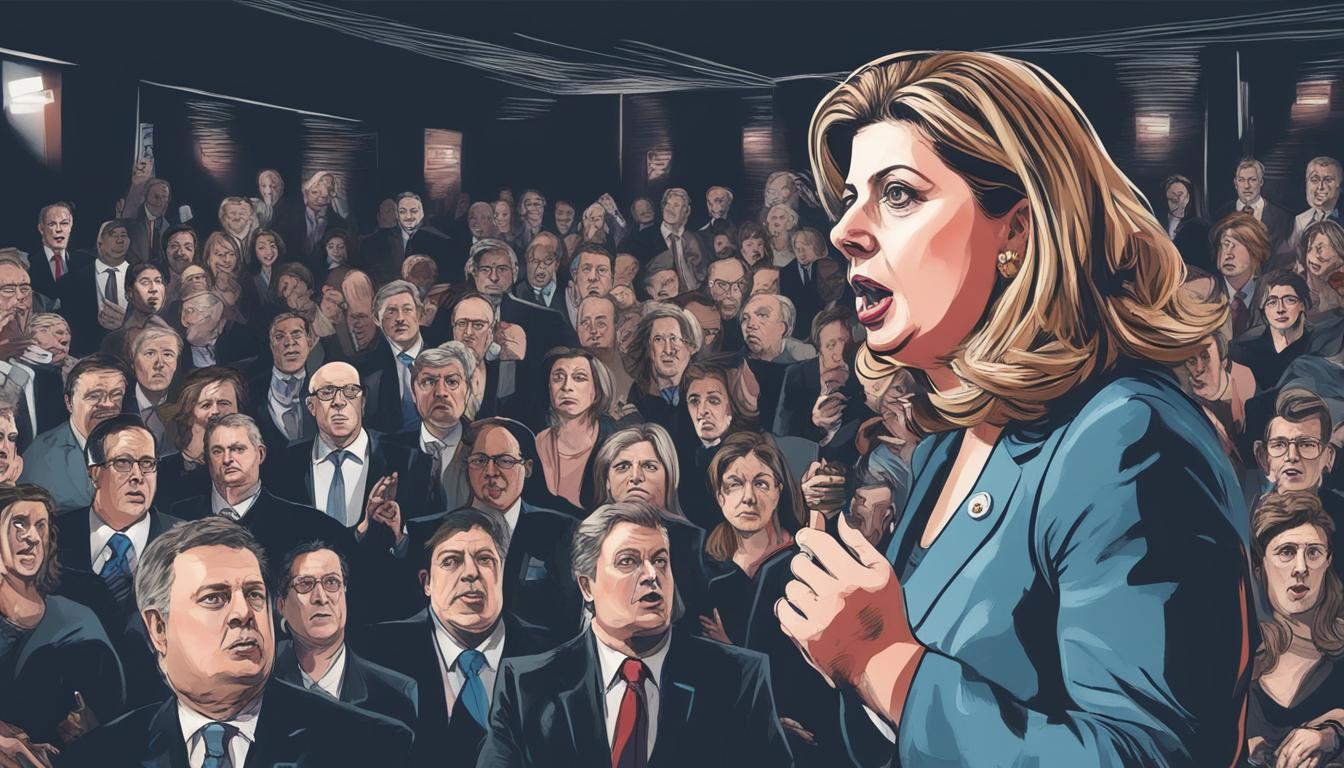Penny Mordaunt calls for unity within the Conservative Party amidst internal conflicts and criticism over recent campaign strategies, as Labour’s Keir Starmer capitalizes on political stability in upcoming elections. Defence spending also under spotlight following critiques on government commitments.
In recent public and political developments in the UK, Penny Mordaunt, speaking at a central London fundraiser, called for unity among Conservative Party members. She stressed the importance of cohesion within the party, countering the internal strife that threatens its success in the upcoming general elections. While Mordaunt refuted any intentions of pursuing leadership, she maintained that a Conservative victory was possible if the party resolved its internal conflicts.
Additionally, concerns over the Conservative Party’s campaign strategies were voiced by former Tory members who felt the party’s approach during the London mayoral election was overly negative and failed to appeal to a broader electorate. This resulted in Labour’s Sadiq Khan securing the mayoral seat. Critics within the party warned of severe nationwide repercussions if lessons from this defection were not learned and suggested a shift towards more inclusive and positively driven campaign tactics.
Concurrently, UK defence spending plans have faced scrutiny. Shadow Defence Secretary John Healey critiqued the government’s commitment to achieving a 2.5% GDP defence budget by 2030, highlighting its absence from official financial frameworks and questioning its feasibility. Defence Secretary Grant Shapps reiterated its importance, emphasizing the need for robust defence capabilities in response to global threats, notably after Russia’s actions in Ukraine.
Meanwhile, as the Conservative Party battles these internal and public relations challenges, Labour leader Keir Starmer’s low-key and data-driven campaign strategy appears to be gaining traction. Capitalizing on public fatigue with turbulent politics, Labour’s advertising campaigns pitch Starmer as a reliable alternative amidst current political discontent.
These developments reflect a pivotal time for UK politics, with parties strategizing fervently to align with or redefine public sentiment and internal ideologies as elections loom.













